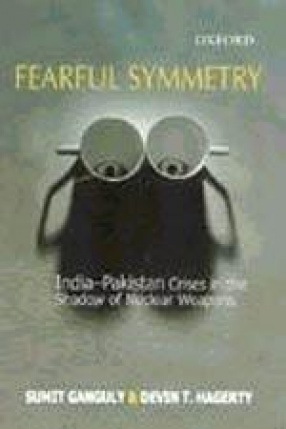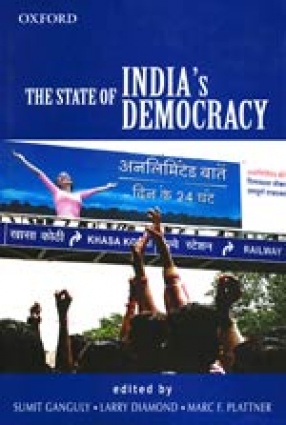Fearful Symmetry: India-Pakistan Crises in the Shadow of Nuclear Weapons
Synopsis
With the nuclearization of the Indian subcontinent, Indo-Pakistani crisis behaviour has acquired a different significance altogether. The past two decades have witnessed no fewer than six crises, with a vigorous nuclear arms race as the backdrop all the while. However, all but one of these six--the Kargil War of 1998-9--were resolved peacefully. What lies behind the avoidance of a major war in spite of every reason for one--mistrust; everyday tensions; an intractable political conflict over Kashmir; three wars; and the steady refinement of each side's nuclear capabilities? This book examines this question by looking carefully at each crisis for behavioural patterns that may otherwise have been missed. It also reviews the Indian and Pakistani domestic political systems during the relevant period. The authors' analysis is guided by three propositions, each derived from a more general body of international relations theory: unipolarity; nuclear deterrence; and conventional deterrence. While there exists literature on different aspects of Indo-Pakistani relations, there has been no comprehensive study of the two nations' crisis behaviour in the nuclear age. This book fills this gap in a lucid and engaging manner. It is also the first to take systematic account of the role played by the United States in South Asia's security dynamics over the past two decades in the context of unipolarization, and formulates a blueprint for American policy towards a more positive and productive India--Pakistan relationship. This important and topical study will appeal to a wide audience ranging from political scientists, foreign policy specialists, military personnel, researchers and scholars of strategic studies, diplomats, journalists and the interested lay reader.
Read more
25.20
22.68
$
28.00 $
Free delivery Wolrdwidе in 10-18 days
Ships in 1-2 days from New Delhi
Membership for 1 Year $35.00
Get it now and save 10%
Get it now and save 10%
BECOME A MEMBER











Bibliographic information
Devin T. Hagerty
Tags